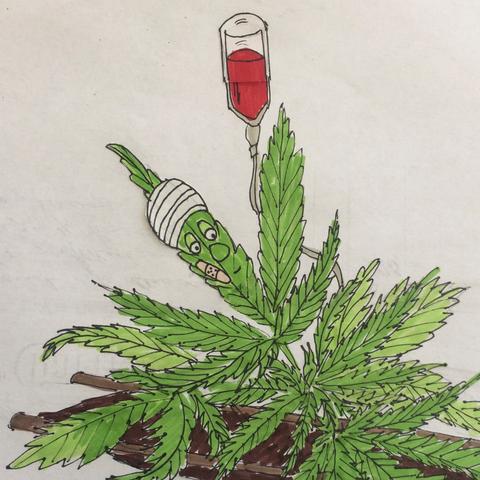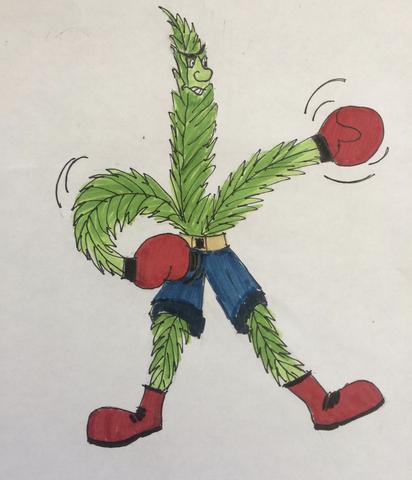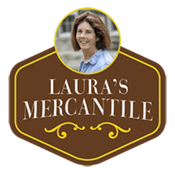Dear Friends,
I’m regularly asked, “Why organics?”
It’s a question I appreciate, coming most often from my friends who are not farmers.
I started farming organically for environmental reasons. Back in the day, it seemed obvious to me that killing everything in the soil, sterilizing it with chemicals, so you could grow corn was not the best idea. But back in the 1980s, that was the way we were taught. The instruction was to use agricultural chemicals to make a “clean” seedbed, plant hybrid corn seed, add plenty of expensive fertilizer, and make a crop.
I’ve been farming for 37 years now, and eliminating drugs and chemicals in cattle production was my first priority, as this was a cattle farm. It wasn’t until I started growing food, first for the family and then for others, that I started to understand organic food was not only better for the environment. Eating food raised without pesticides and herbicides was not just a safety move, to avoid consuming chemical residues.
The more I learned, the more I became convinced that organic food was better for you, too. So now I raise organic crops for health reasons, including superior nutrition, in addition to avoiding chemicals.
That organically-grown food has more “oomph” is well documented now. Organic produce has more antioxidants and organic meats have more omega 3s than their conventionally raised counterparts, for example. The organic system is alive, from seed all the way to us. I plan to write about this phenomenon in the next several newsletters.
Right now, try to see the world from a plant’s perspective. Imagine you are a young hemp plant grown conventionally. If you are grown conventionally inside, you are sitting in some sterile medium which passes for soil, attached to a hemp IV, dripping in nutrients.
 If you, the hemp plant, are grown conventionally outside, the soil has been “burned down” with agricultural chemicals. The farmer must wait between 3 and 21 days to plant you (depending on which herbicides were used and what type of plants they kill) so you won’t be poisoned outright.
If you, the hemp plant, are grown conventionally outside, the soil has been “burned down” with agricultural chemicals. The farmer must wait between 3 and 21 days to plant you (depending on which herbicides were used and what type of plants they kill) so you won’t be poisoned outright.
After this waiting period, the farmer plants you and starts force feeding you the major nutrients, NPK, plus some micronutrients that he buys in town. It’s an easy life, and to most observers, things are fine, the crop is good. You are stuffed and lazy.
Now, imagine you are a young hemp plant whose new home is organic soil. You must compete with weeds, try though the farmer does to chop them back. You don’t have a food IV, nor do you have a gluttonous spread set before you. You must hunt for your food in the compost and in the soil. The organic soil feeds you and your friends in the soil, the microbe partners.
Some of these microbes take nitrogen from the atmosphere and use it to build their cell bodies, which in turn feed you. Others are busy decomposing residues for your coming meals. Some go after disease organisms, so they can’t run amok, though they are there, and you, the plant must resist them. So, it’s a wild world you live in, and you are stronger for it.
 Hemp plants send stronger “signals,” which suggests the cannabinoids, which make us feel better, are more powerful. So we have good reason to grow our hemp organically. It makes us strong.
Hemp plants send stronger “signals,” which suggests the cannabinoids, which make us feel better, are more powerful. So we have good reason to grow our hemp organically. It makes us strong.
***********
In other news, March is farm conference month. Ben Pasley and Juan Uresti recently represented Mt. Folly at the Organic Association of Kentucky (OAK) meeting, then headed to Indiana for Purdue University’s organic conference.
I’ve just returned from Washington, D.C. where I attended the annual meeting of the Organic Farmer’s Association. We reviewed the USDA’s organic program and called on our Senators and Congressmen.
On the home front, our annual organic inspection and audit was completed Friday. We are calving and glorying in the weather, which finally is dry!
Stay in touch, and we’ll have a progress report in early April.





